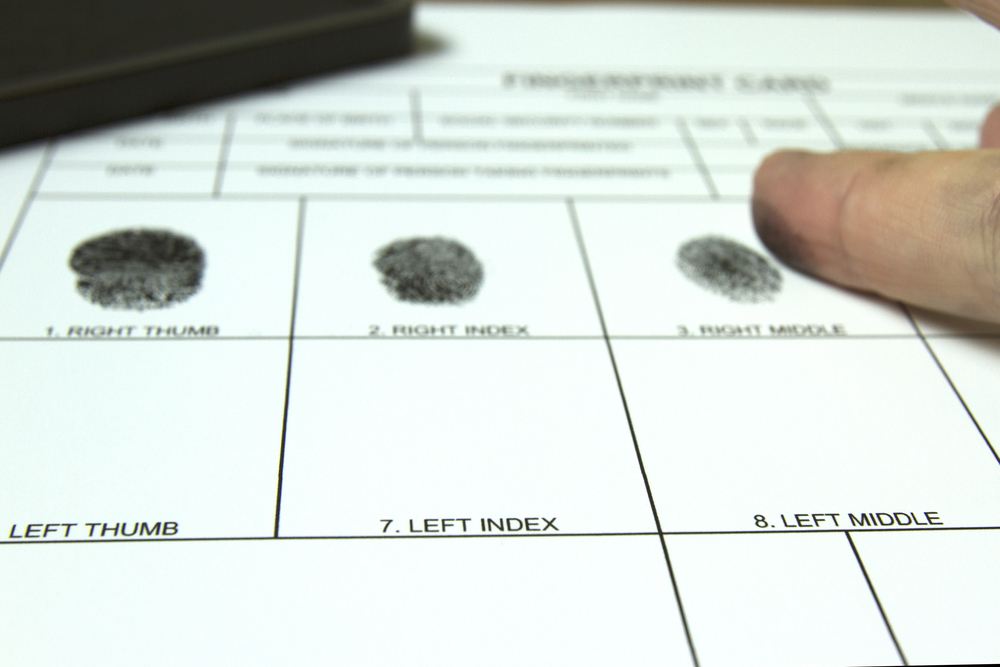Can economics be utilized to improve the criminal justice system? Or are economists too enamored of unintended consequences to be effective in this realm? Is technology transforming criminal justice for the better or worse? In this episode, EconTalk host Russ Roberts welcomed economist Jennifer Doleac to talk about her research in this area.
1- The conversation starts with the question, in what ways is technology transforming the criminal justice system? How would you answer this question having listened to the podcast? Would you say technology’s net effect on criminal justice has been positive or negative? Explain.
2- All the technologies Roberts and Doleac discuss present trade-offs, and privacy is among the greatest concerns they raise. How do you quantify privacy loss? To what extent is it possible to identify the “optimal” amount of privacy loss balanced against crime mitigation?
3- The conversation turns to police and body-worn cameras. Why might the use of cameras increase the use of force on the part of the police? Do you think the costs outweigh the benefits? Roberts suggests that if cameras are a good idea for police, they might serve teachers well, too. Should we put cameras in classrooms?
4- Doleac says that DNA databases can help to reduce crime in two ways. What are they? Which do you think is a greater invasion of privacy- omnipresent cameras or DNA databases?
5- What does Roberts mean when he expresses concern that technological solutions may be diverting us from the underlying reasons why people commit crimes? Do you think it’s fair to “ban the box”? (52:45) Why or why not?


READER COMMENTS
Amy Willis
Sep 26 2019 at 10:25am
test
Comments are closed.